The Immersive Simulation Program (ISP) provides expertise, tools, and support for the integration of immersive tech and other emerging tools with health and medical research. The ISP (formerly known as the Immersive Virtual Environment Testing Area) was founded in 2006 by its director Dr. Susan Persky. The program is part of the Social and Behavioral Research Branch (SBRB) of the National Human Genome Research Institute, National Institutes of Health.
Sample project partnerships
Evaluation of food choice and craving in experimental medicine studies
PI: Lorenzo Leggio, M.D., Ph.D.
Clinical Psychoneuroendocrinology and Neuropsychopharmacology Section, NIDA/NIAAA
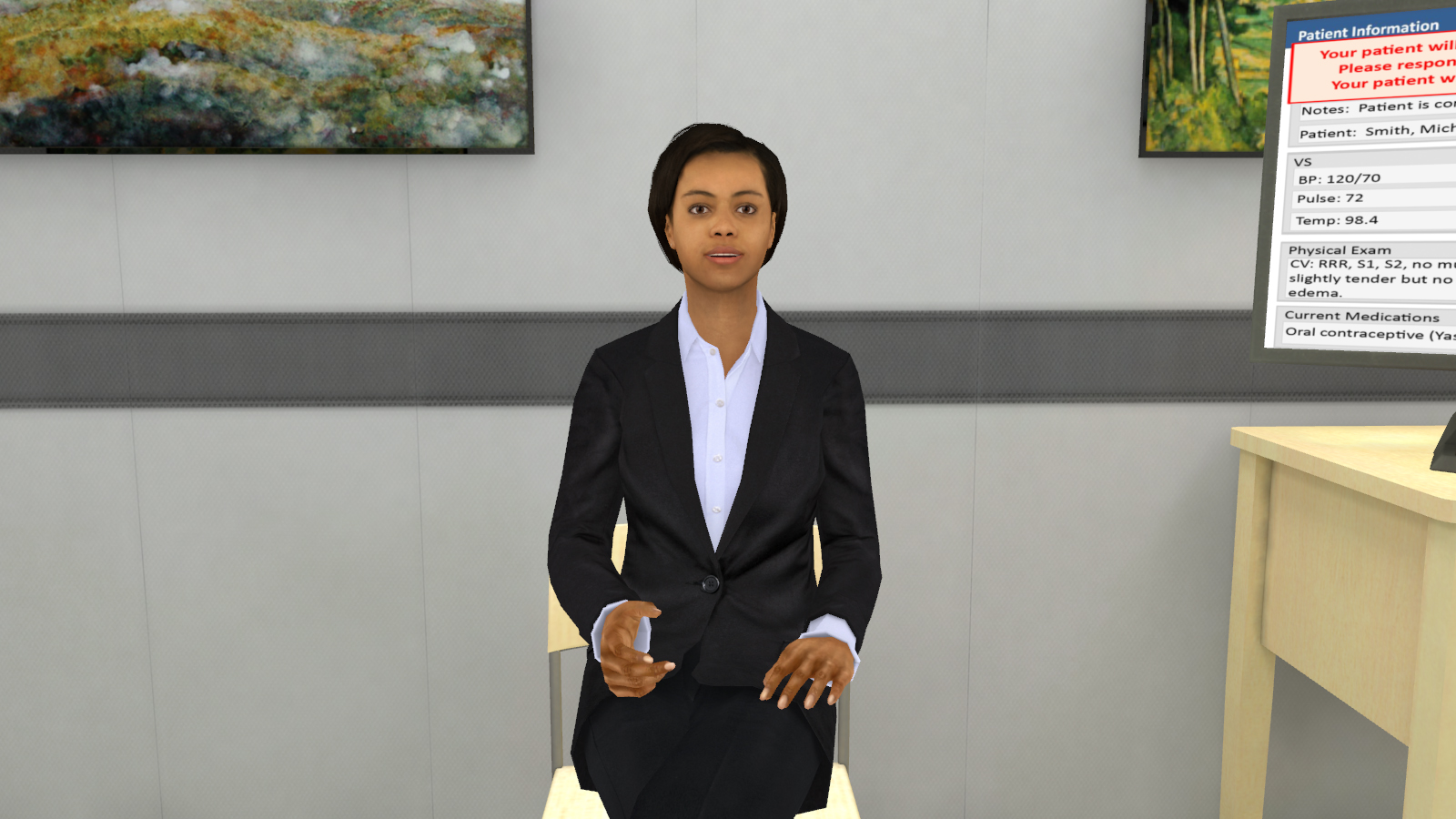
Investigating the influence of patient characteristics on pharmacogenetics decision-making
PI: Vence Bonham, Jr., J.D.
Health Disparities Unit, SBRB, NHGRI
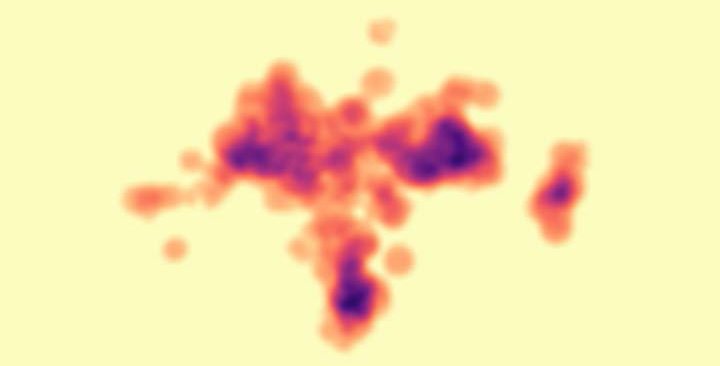
Assessment of visual attention in evaluation of genetic conditions
PI: Benjamin Solomon, M.D.
Medical Genomics Section, NHGRI
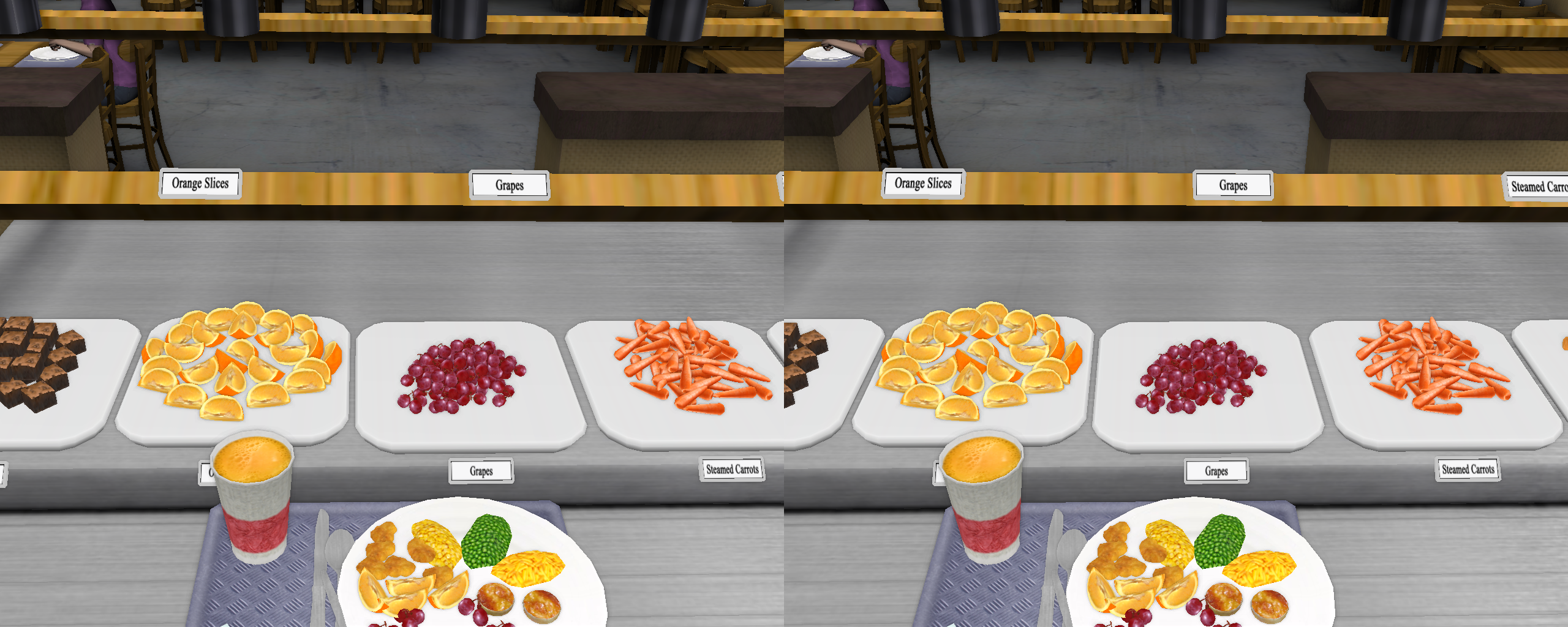
Assessment of genomic messaging approaches on parental feeding behavior
PI: Susan Persky, Ph.D.
Health Communication and Behavior Unit, SBRB, NHGRI
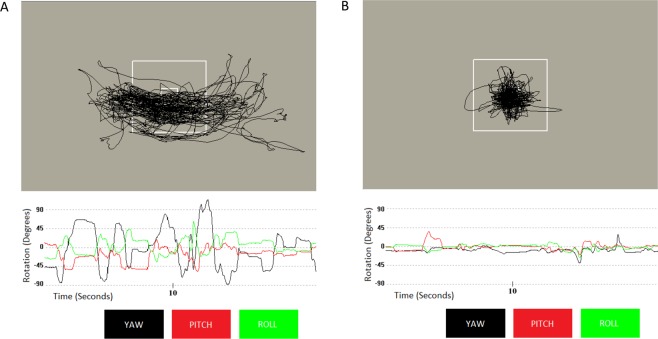
Evaluation of ADHD symptoms and cognitive functioning
PI: Philip Shaw B.M. B.Ch., Ph.D.
Neurobehavioral Clinical Research Section, SBRB, NHGRI

Using immersive metaphors to communicate genomics concepts
PI: Kim Kaphingst, ScD
Communication Research Section, SBRB, NHGRI
Leadership in the immersive technology community
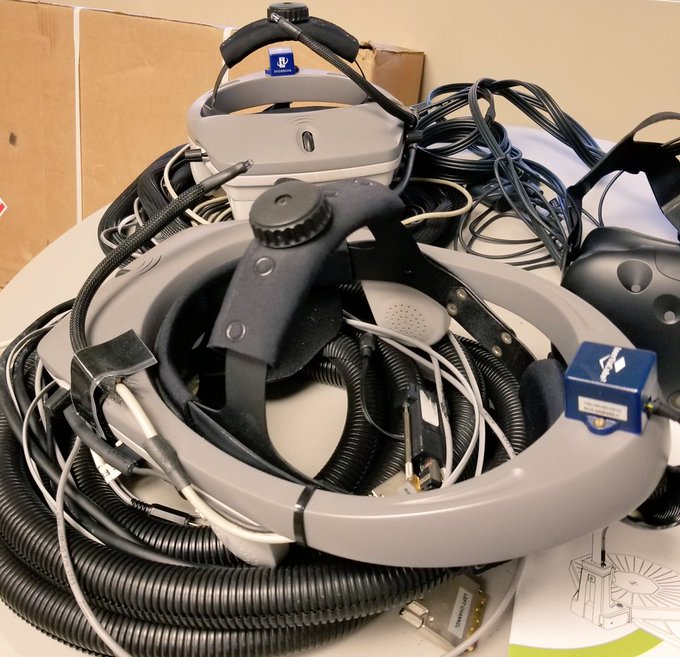
The ISP was one of the first behavioral science labs of its kind integrating VR tools with health research. We have helped to mold the growth of the technology in research and clinical settings inside and outside of the NIH. Through presentations, meetings, and publications, we interface with researchers and practitioners from around the world to push immersive technology forward where it can enhance health and medical practice.
Selected Writings
- Recommendations for design of control, comparators and sham arms in medical extended reality trials
- Evaluations of how VR can enhance research in health psychology, behavioral medicine, and genomics
- Review of behavioral measures that can be derived from VR use
- Exploring possibilities for VR as a platform for distributed clinical trials
- Considering models for protecting user privacy in VR
Capacity-building research
We conduct pilot, validation, and extension research on immersive and other emerging technology tools. We aim to expand capabilities for innovative research including method and measure development. This work builds understanding of how variations in immersive applications and interventions influence psychological experience, biological response, and behavior. Our research also enables exploration of which applications and approaches are most efficacious for whom, applying precision medicine tenants to immersive technology interventions.
Sample Capacity-Building Research Projects
Our research suggests that users’ VR experiences such as presence and cybersickness can differ by self-reported demographic group.
We validated a VR-based buffet simulation for measurement of parents’ food choices for their child and assessed various approaches for tracing and evaluating user movement and activity in the VR environment.
We demonstrated how olfactory perception is tied to experiences of presence in a VR-based food environment.
ISP Team

Susan Persky is an Associate Investigator and Unit Head within in the Social and Behavioral Research Branch of the National Human Genome Research Institute, National Institutes of Health. She earned a Ph.D. in social psychology from the University of California, Santa Barbara where she studied at the Research Center for Virtual Environments and Behavior. Dr. Persky’s programmatic research focuses on the application of genomics for common complex health conditions in healthcare and community contexts. Dr. Persky additionally investigates and develops best practices for VR design, evaluation, and implementation in health, medical, and scientific contexts.

Chris Fortney is a researcher and manager of the Immersive Simulation Program within the Social and Behavioral Research Branch of the National Human Genome Research Institute, National Institutes of Health. He earned a BFA in Painting from the Maryland Institute College of Art and has an interest in immersive environments. With a background in design, human-centered computing and virtual reality technology, he acts as a project leader on the development of virtual environments for behavioral research.
Last updated: February 20, 2025
